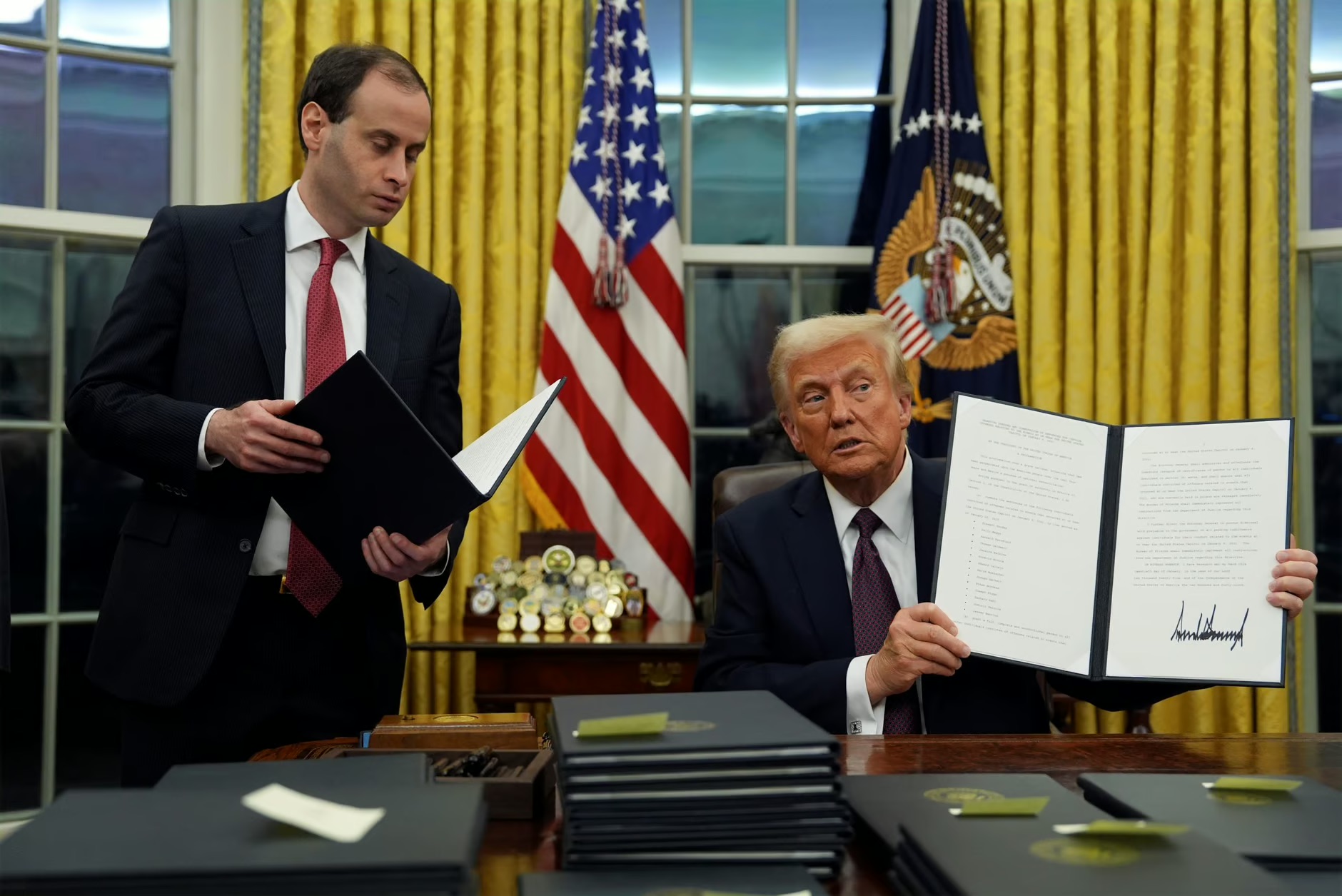Social Justice Policy Brief #175 | Valerie Henderson | June 16, 2025
Presidential pardons are a constitutionally granted power, intended to serve as instruments of mercy, justice, and healing. But under President Donald Trump’s second term (2024–2025), this power has again been wielded as a political tool, continuing a controversial legacy from his first term. The recent wave of pardons reflects a continuation—and escalation—of Trump’s willingness to use executive clemency to reward loyalists, pardon convicted political allies, and whitewash wrongdoing linked to his political movement.
Trump has already granted or signaled clemency for several individuals connected to the January 6 Capitol attack, corporate allies under white-collar investigations, and conservative media personalities with criminal convictions. These moves have further intensified scrutiny over the fairness and integrity of the presidential pardon system
Analysis
The most recent pardons in Trump’s second term have raised significant concerns about corruption, obstruction of justice, and abuse of executive authority. Among them:
- Enrique Tarrio and Stewart Rhodes, leaders of the Proud Boys and Oath Keepers respectively, received commutations or full pardons after being convicted for seditious conspiracy in connection with the January 6 insurrection.
- Peter Navarro, a former Trump adviser convicted of contempt of Congress, was granted clemency despite ongoing appeals and public refusal to cooperate with investigations into efforts to overturn the 2020 election.
- Steve Bannon, who was previously pardoned by Trump for fraud-related offenses in his first term, received a second clemency for contempt of court following his refusal to comply with subpoenas related to election interference.
- NBA YoungBoy, a popular rapper with a significant following among young Black Americans, was pardoned on weapons charges, with Trump using the announcement as a media spectacle to posture as a supporter of Black communities.
These actions defy bipartisan public criticism and continue to bypass standard review procedures traditionally handled by the Department of Justice’s Office of the Pardon Attorney. The pattern is consistent: Trump leverages the pardon process not as an act of justice but as a political tool—shielding loyalists and manipulating public perception.
While some pardons of individuals from marginalized communities may appear benevolent, they are often deployed as political cover—token acts meant to distract from a broader reality of justice inequity. The selective clemency of Black figures, particularly entertainers or nonviolent drug offenders, is rarely backed by systemic reform efforts and instead serves to generate media buzz and create a false narrative of inclusion.
Trump’s second-term pardon spree is a disgraceful abuse of constitutional authority. These are not acts of mercy—they are favors for cronies, extremists, and lawbreakers who advance his personal vendettas and political goals. His so-called support for marginalized individuals, such as pardoning a few high-profile Black men, is nothing more than performative politics. It is strategic tokenism—an attempt to appear racially inclusive while simultaneously empowering systems and actors who harm communities of color. These pardons have disproportionately shielded individuals whose actions directly harmed communities of color, the rule of law, and the peaceful transfer of power. For marginalized communities that are routinely over-policed and under-protected, these political pardons are a cruel reminder of a justice system that is anything but equal. We must call these acts what they are: political protection rackets wrapped in media theater. They erode the rule of law, reward corruption, and send a dangerous message that power, loyalty, and spectacle outweigh accountability and equity. Trump’s actions continue to push the limits of executive abuse and endanger the very foundations of a free society.
Engagement Resources
- Project on Government Oversight (POGO)
Investigates and exposes corruption, including misuse of presidential powers. Offers policy proposals to improve transparency and accountability.
https://www.pogo.org - Protect Democracy
Nonpartisan organization focused on preventing executive overreach and defending democratic institutions, including reforming the pardon process.
https://www.protectdemocracy.org - American Constitution Society (ACS)
A progressive legal organization researching structural reforms to limit unchecked executive power, including the reform of clemency authority.
https://www.acslaw.org

